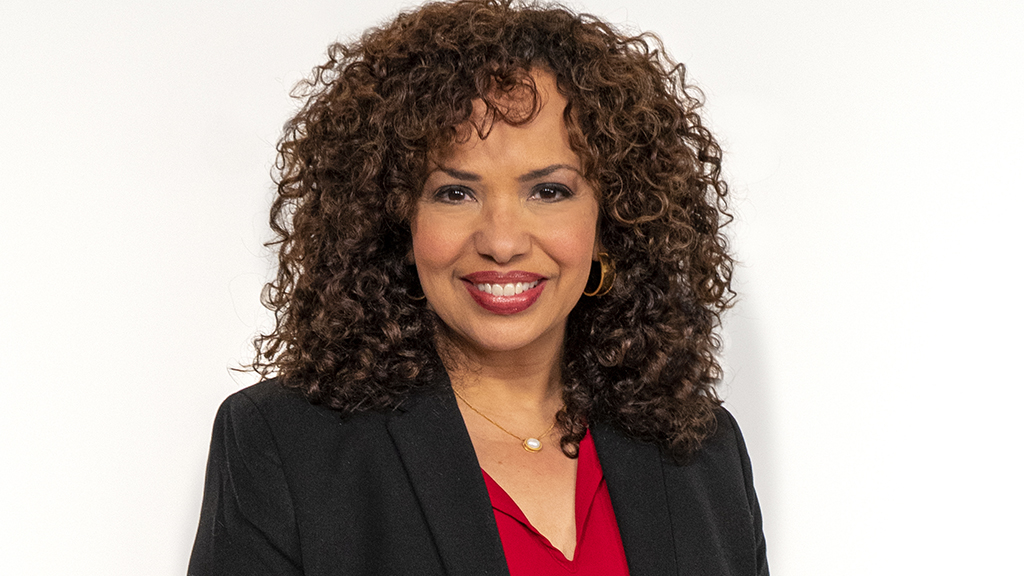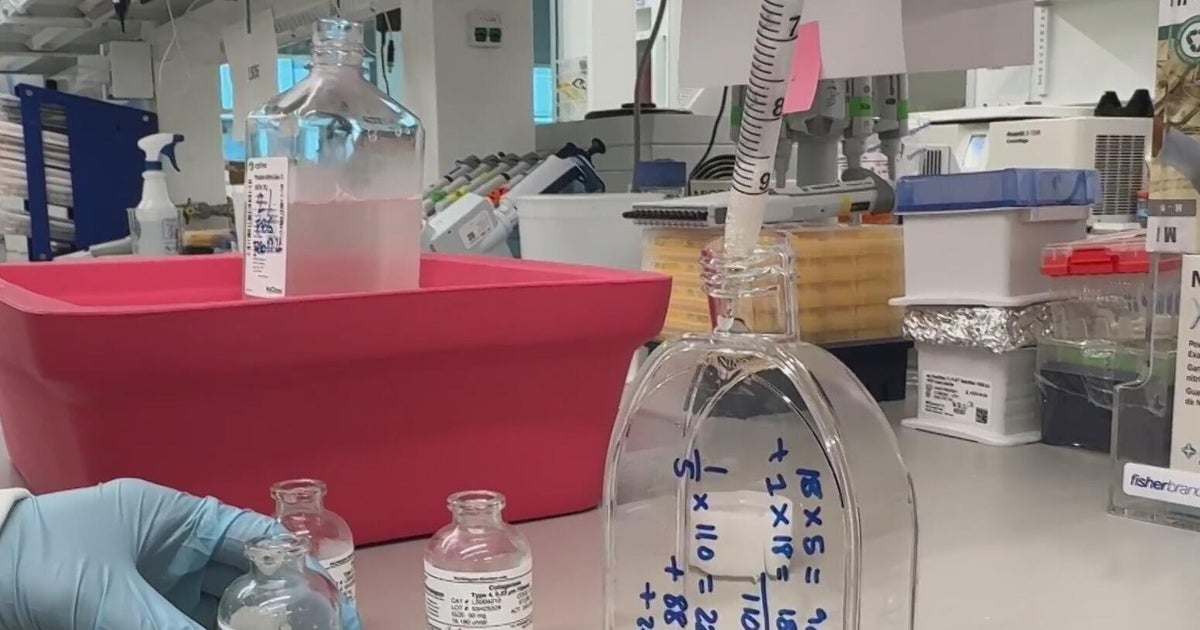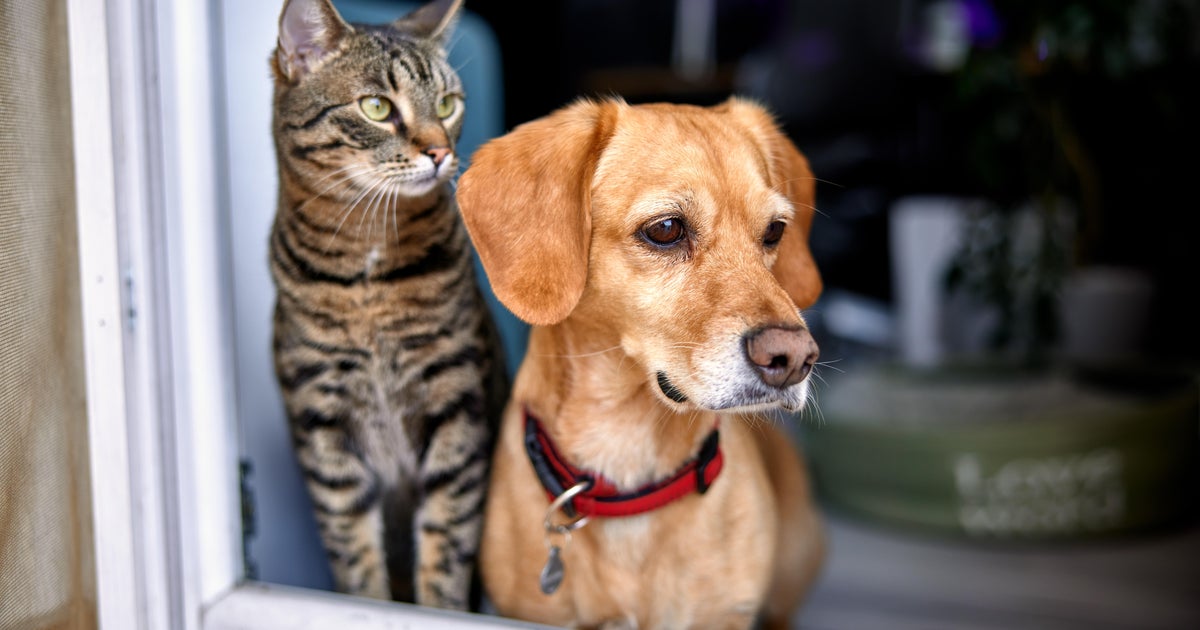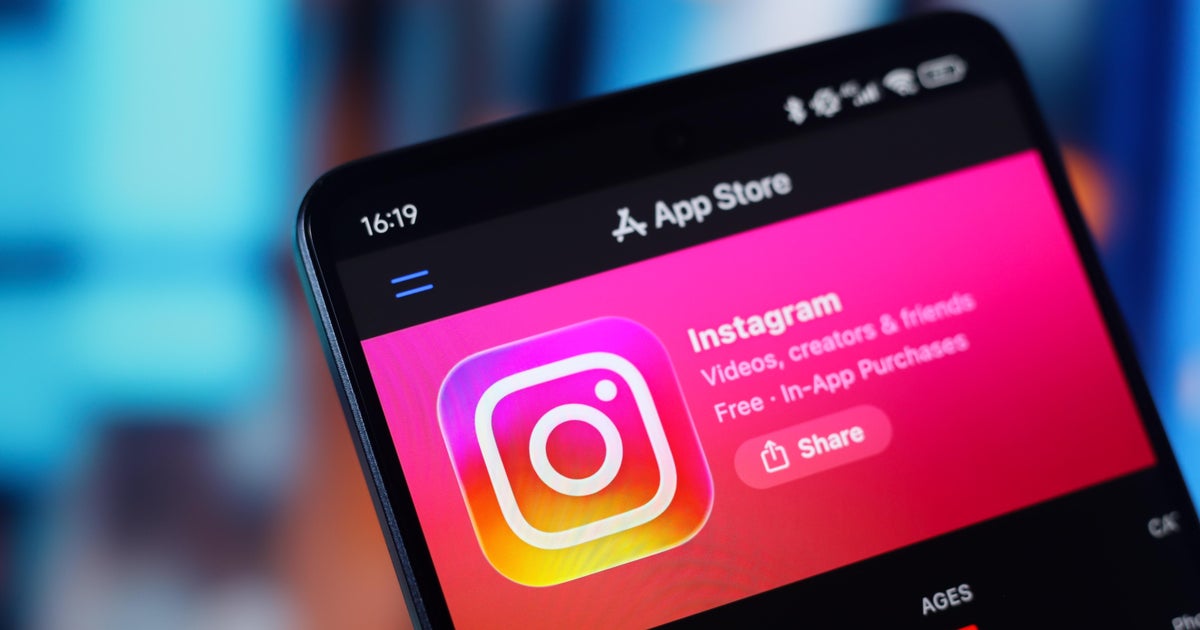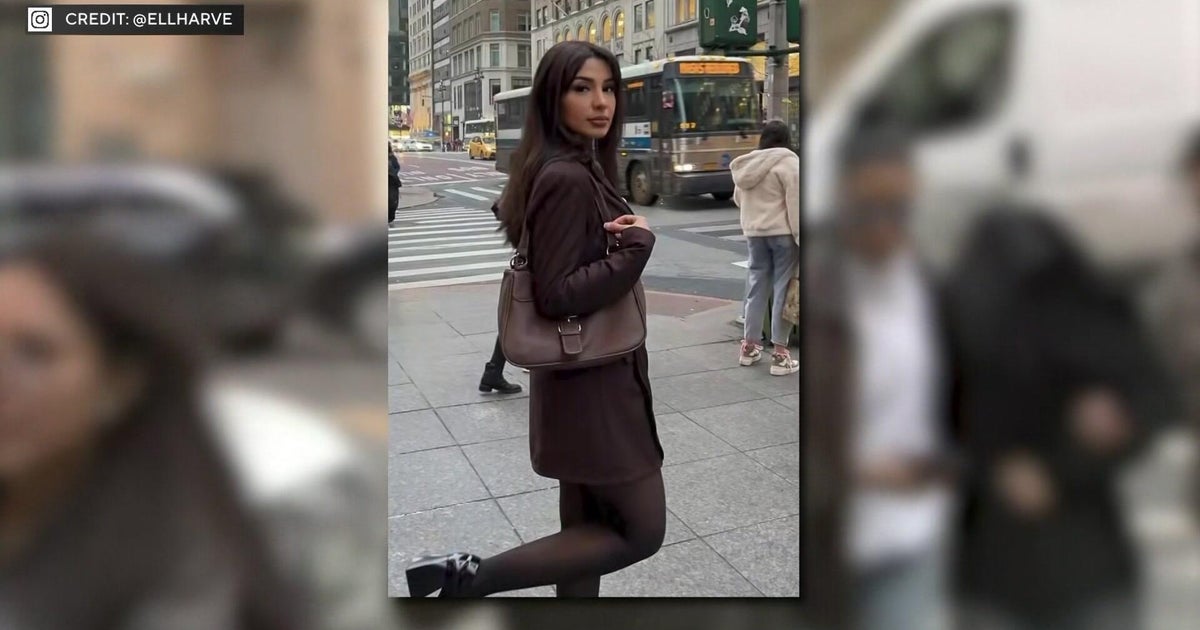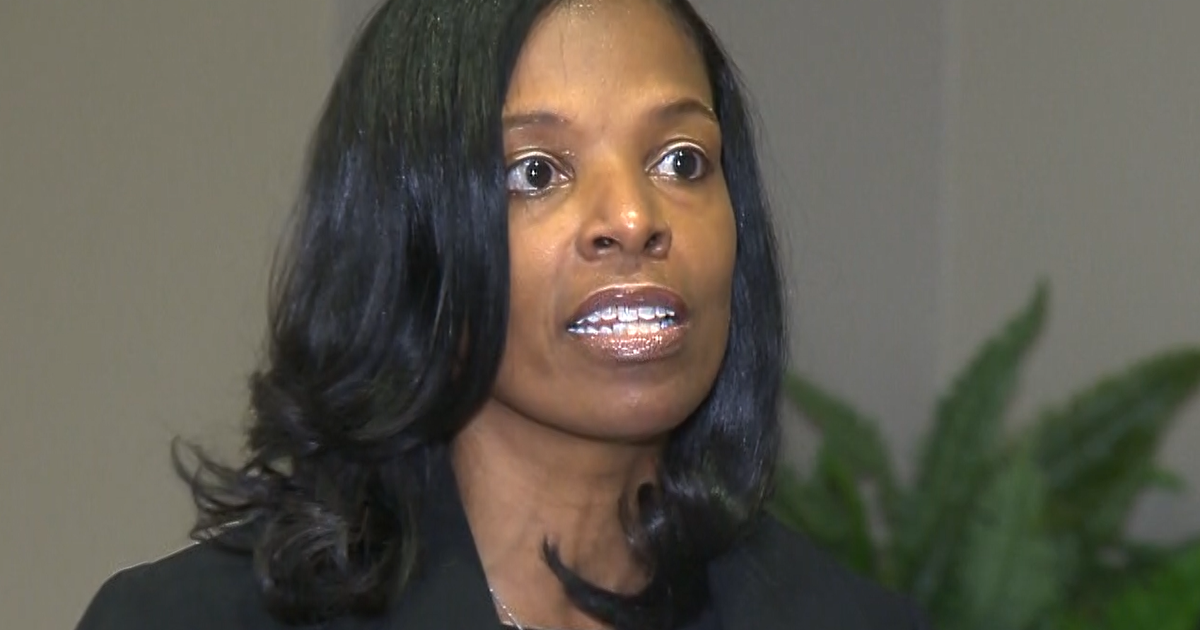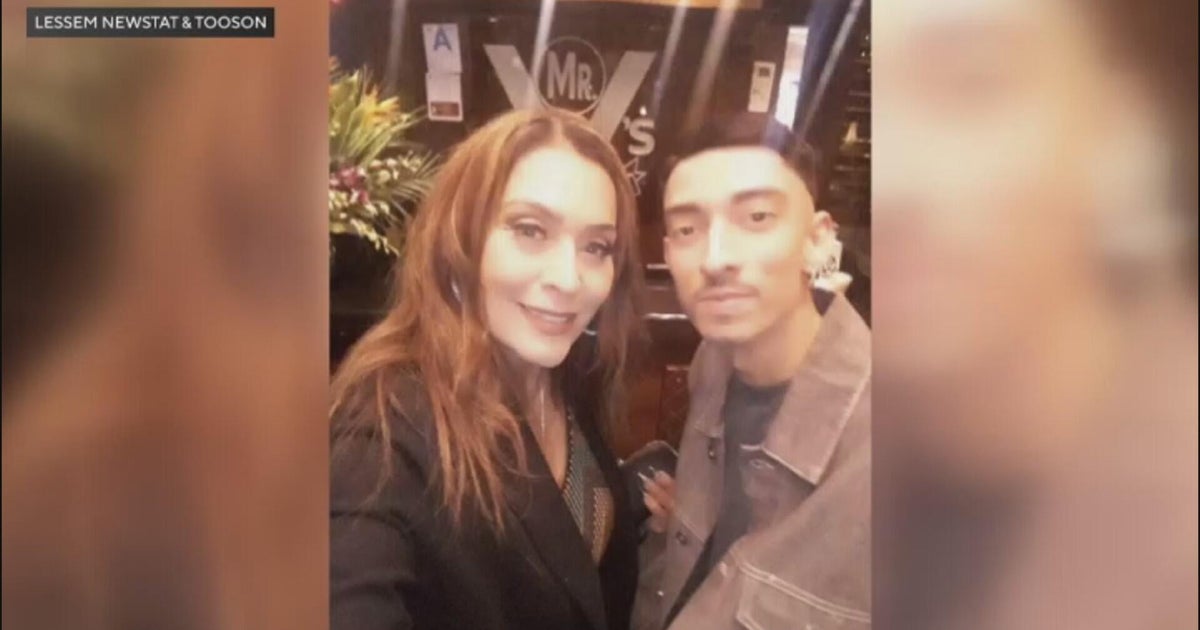Is the new bivalent booster safe? Dr. Mallika Marshall answers your COVID questions
BOSTON - Dr. Mallika Marshall is answering your coronavirus-related medical questions. If you have a question, email her or message her on Facebook or Twitter.
Dr. Mallika is offering her best advice, but as always, consult your personal doctor before making any decisions about your personal health.
Lisa writes, "I am quite nervous about getting the new vaccine. I am boosted once with the original booster. But because this one is so new and not tested in clinical trials, I am worried about potential side effects down the road."
The technology used to create this booster is the same technology used to create the original COVID-19 vaccines and boosters. For that reason, it did not need to be tested in clinical trials before the rollout. There is no reason for you to be any more concerned about the bivalent booster than you were about prior COVID-19 boosters and shots. And the new booster does provide added protection against the Omicron subvariants, which are still circulating. Time will tell whether it is also effective against newer, emerging variants, but in the meantime, you should get the new, updated booster to help protect you from severe illness this winter. And don't forget to get your flu shot, too!
Carolyn writes, "I'm very afraid of long COVID. What's the prevalence we're seeing in people who are fully boosted and having their first COVID infection?"
We're waiting for additional data on this, but we think that people who have been vaccinated and boosted are less likely to develop long COVID after a breakthrough infection than people who have not been vaccinated at all against COVID-19. The best way to protect yourself is to stay up to date on all recommended boosters and to take good care of your health. And, of course, to avoid getting infected the best you can.
Keli asks, "How long can you test positive after COVID on an at-home test?"
Most people, assuming they are not immunocompromised, will no longer test positive after 10 days on rapid antigen tests, but some do. Perhaps after 11, 12, or 13 days. But if you're feeling much better and you have isolated for a full 10 days, you are unlikely to still be contagious. That said, if you're still testing positive and you're going to be around anyone who might be at risk for severe COVID, like your elderly grandmother, I would continue to wear a mask.
Debbie says, "I've been hearing a lot about RSV lately and wondered how contagious is it and whether it's mostly a kid virus."
RSV or respiratory syncytial virus is a respiratory virus that we typically see in colder months, but we're seeing a rash of cases in clinics and hospitals right now. It is quite contagious and is passed from person to person like any other cold virus, through contaminated respiratory droplets and close contact with someone who is infected. It usually causes nothing more than the common cold in adults and older children, but it can cause more severe illness, with wheezing and respiratory distress, in young babies and in kids with underlying health conditions.
